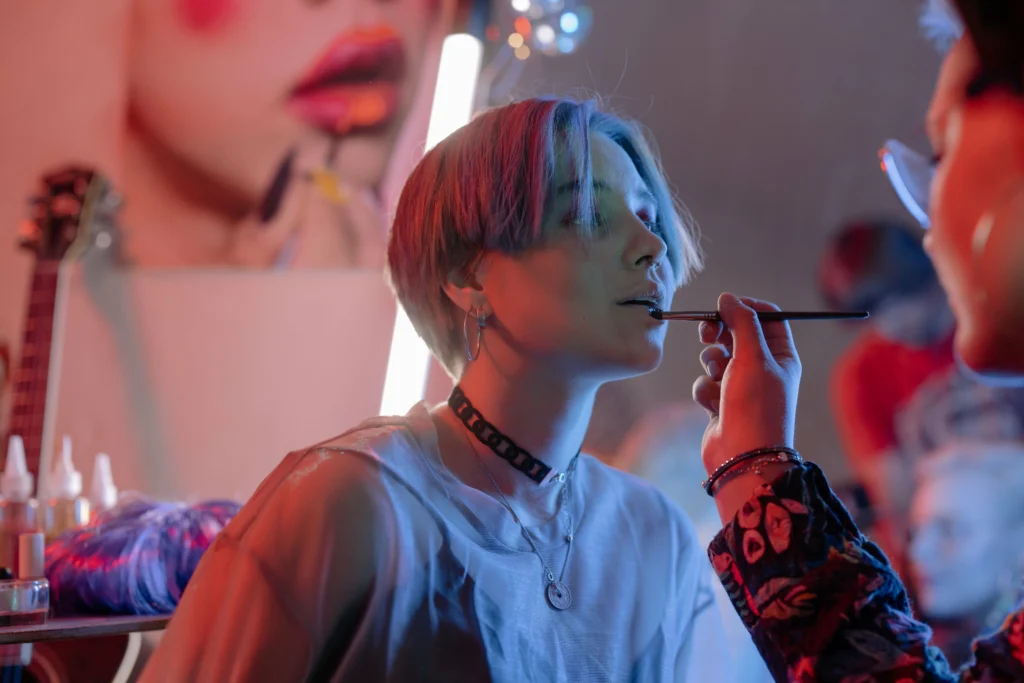Contact Us
Click Here IFCT Admission-Counselling Office: IFCT S.C.O. 1116-17, First Floor, Sector 22-B, Chandigarh-160022 Call : +91 96755-00017 Teaching Campus: Rayat-Bahra University (Chandigarh-Ropar NH 205, Greater Mohali, Punjab) Call : +91 96755-00017 For Admissions : admissions.ifct@gmail.com For Job Applicants […]






